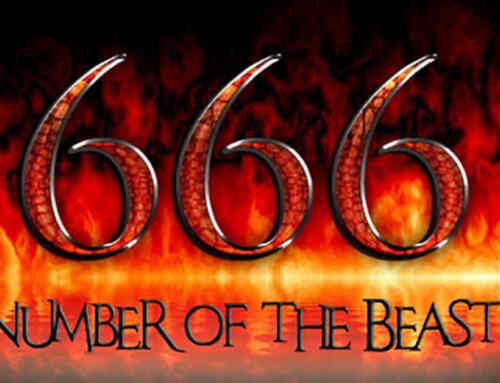In Luke 17:20-37, Jesus answers the Pharisees’ question on “when the kingdom of God should come.” Rather than addressing the time feature, Jesus chooses to focus his response on the manner of his second coming.
The Scriptures seem to present the topic of the second coming from two different perspectives, which at a first glance may appear contradictory:
1. The kingdom comes “not with observation” (verse 20) and the kingdom “comes as a thief in the night” (2 Thessalonians 5:2) when he comes to gather his saints (Mark 13:27).
2. He comes as the lightening (Luke 17:24); he comes “with a great sound of trumpet” (Matthew 24:31); and he “comes with ten thousands of his saints” (Jude 14).
These Scriptures can be harmonized when we understand that Jesus’ second presence includes a work of preparation for the setting-up his kingdom. This is done in phases. Initially, the world is unaware of the signs of his presence, but these signs can be discerned by watchful Christians. A special work of separation (the Parable of the Wheat and Tares) will take place and Jesus will have a final reckoning with his servants. Hence the words “one will be taken and one shall be left” (verse 34) indicate that some will be privileged to be led out of the worldly systems with their impending destruction to a condition of enlightenment and protection.
Thus, Jesus gives the sign: “as it was in the days of Noah, so will be in the days of the Son of Man” (Luke 17:26) and “likewise as it was in the days of Lot” (verse 28). Some faithful ones will be like Noah, a preacher of righteousness, who take heed to the signs of trouble ahead and prepare their salvation. Others, less diligent, are like Lot, who have to be pulled out of the impending destruction in the last minute. Like in the Parable of the Ten Virgins, we must strive to be of the wise class.
Jesus hints that the second coming is most of all a lesson on personal preparation, watchfulness and character development rather than a sensationalism of instant phenomena in the sky. The scriptures of 1 Thessalonians 4 are symbols and are not referring to a literal “rapture.” (The word “rapture” is not found in the Bible.) The voice of an archangel, the trump and the clouds foretell the shattering of church and social orders.
There will be an impending disaster upon the world, a time of “great tribulation such as was not since the beginning of the world” (Matthew 24:21), but the purpose of this trouble and of Jesus’ second coming is to destroy the evil structures of the present evil world and establish God’s kingdom on earth. Jesus and his faithful followers will bring about the “times of restitution of all things” (Acts 3:21) and the blessing of all the families of the earth.
Additional Resources:
Christian Questions Podcast
Episode #1259: “Do I Suffer From Rapture Anxiety?” (Part I)
Questioning the rapture in the light of careful scriptural analysis
Preview Video
CQ Rewind Show Notes
Episode #1194: “Could Jesus Return Without You Knowing?”
Revealing the three scripturally progressive phases of Jesus’ return
Preview Video
CQ Rewind Show Notes














